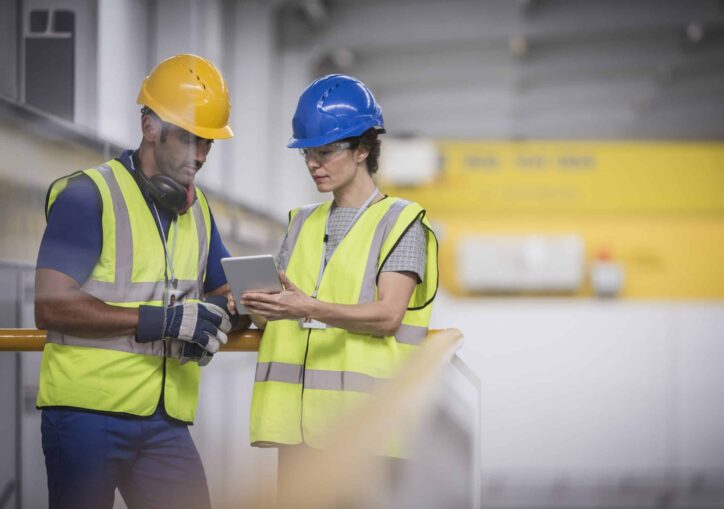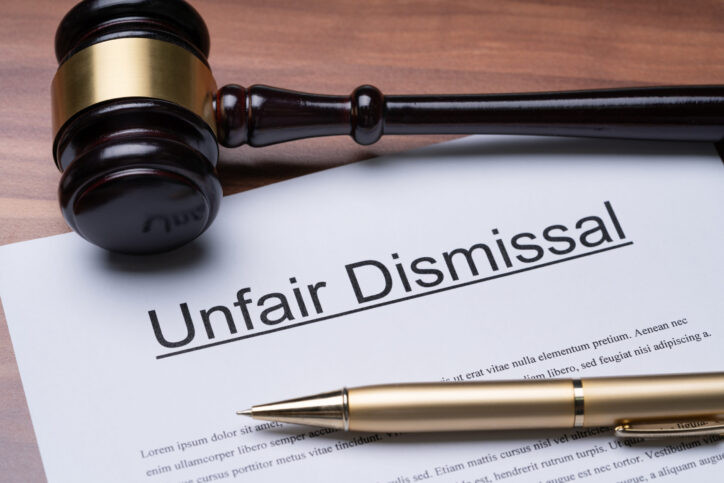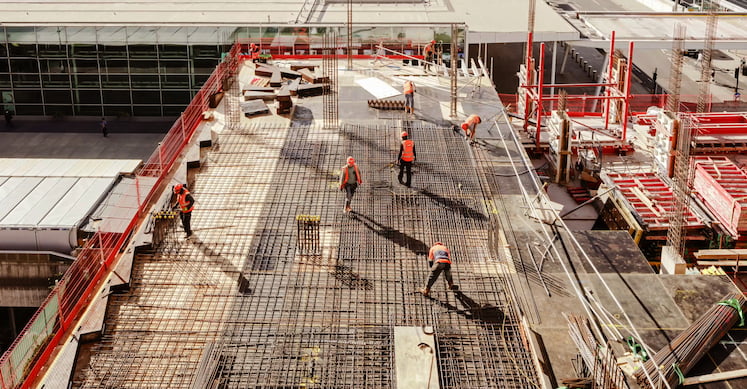It's likely that you have staff affected by COVID-19. Understanding the next steps is critical to maintaining operations. CCIWA Workplace Relations Director Ryan Martin steps you through what is required.
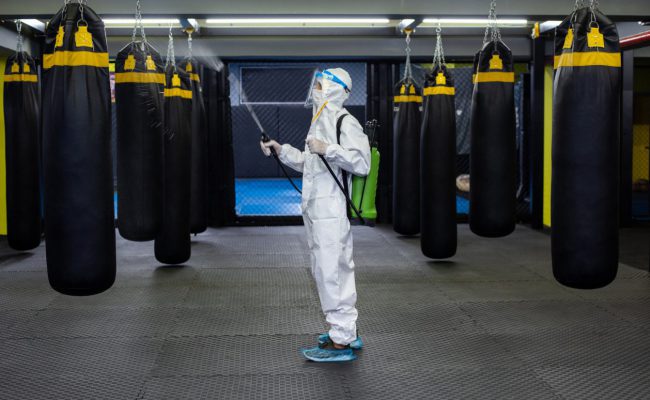
Exposure sites are no longer be published on the HealthyWA website or wa.gov.au website. The Department of Health will only notify of major outbreak venues or super-spreader events in Western Australia.
The requirement to use contact registration at proof of vaccination venues, which are predominantly higher risk, and facilities remains in place. Please note some venues that are no longer required to have a contact register are still subject to proof of vaccination requirements. See the full list of venues (external site).
You may also need to manage any employees who were close contacts of any COVID-19 positive individual.
See CCIWA’s COVID safety package.
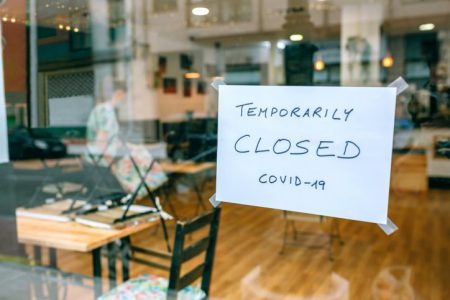
New testing and isolation requirements
As of April, WA is operating under the following testing and isolation requirements.
Who will be considered a ‘close contact’ of a COVID case?
A person who:
- a household member or intimate partner of a person with COVID-19 who has had contact with them during their infectious period;
- someone who has had close personal interaction with a person with COVID-19 during their infectious period, where they spent four hours of cumulative contact with them in a residential setting, (i.e. a home, accommodation facility) where masks have been removed by both people for all of this period; or
- someone who is directed by WA Health that they are a close contact.
How long should you isolate?
1. A confirmed COVID case
- Isolate at home for seven days.
- If you have no symptoms after seven days, then no further test is required, and you can stop isolating.
- If you have symptoms on day seven, remain in isolation until those symptoms clear or get clearance from a medical professional before leaving isolation.
Find out more about COVID-19 symptoms.
Important: If you return a positive Rapid Antigen Test (RAT), you must register your result with the Department of Health.
2. A close contact, showing symptoms
- You must isolate for a full seven days from the date of the test of the case.
- Take a PCR test or RAT within 24 hours of becoming a close contact (if positive – follow positive case guidelines; if negative continue to isolate; if symptoms continue or develop, take another test).
- If you took a RAT, take another RAT in 24 hours
- Take a PCR test on day 6 or RAT on day seven (if positive – continue to follow positive case guidelines; if negative, you can leave isolation after day seven).
- Once you leave isolation, for the next seven days avoid visiting healthcare, aged, residential care facilities (including disability care facilities and mental health residential facilities) or correctional facilities, unless authorised by the Chief Health Officer or in an emergency. In this case, you must advise a relevant officer prior to attending or as soon as possible upon your arrival. Workers at those facilities can enter under strict conditions.
3. A close contact, without symptoms
Close contacts who do not have symptoms can leave their place of isolation if they:
- Take a RAT and obtain a negative result on each day they would like to leave isolation (note: you must be able to provide evidence of the negative RAT result taken that day if requested by a relevant officer).
- If positive, follow positive case guidelines; if symptoms develop, follow symptomatic close contact guidelines
- Wear a mask at all times outside of the home (the usual exemptions apply, including for children under 12).
- Avoid high-risk settings, including hospitals, healthcare settings, aged care facilities, residential care facilities (including disability care facilities and mental health residential facilities) and correctional facilities, unless you work at these locations and have received written or oral confirmation from your employer to continue attending work as a close contact without symptoms.
- In case you visit high-risk settings due to an emergency, you must advise a relevant officer prior to attending or as soon as possible upon your arrival. Workers at those facilities can enter under strict conditions.
Close contacts who do not have symptoms are strongly encouraged to:
- avoid non-essential gatherings and contact with people at risk of severe illness;
- work from home, where possible; and
- notify their employer, educational facility or early learning centre of their close contact status.
Note: The critical worker policy is in effect. Critical workers who attend work as an asymptomatic close contact during their isolation period can return to work under set conditions.
4. If you have COVID symptoms
- Get a PCR test immediately (if positive – follow positive case guidelines; if negative – you are not required to isolate but should stay home until symptoms clear).
- If PCR tests are unavailable, get a RAT (if positive – follow positive case guidelines; if negative –you are not required to isolate but should stay home until symptoms clear).
What are the exceptions?
Under very high caseload settings, isolation requirements are modified for close contacts who are:
- Critical workers
- Anyone who has recovered from COVID-19 in the past 12 weeks, who does not have symptoms and is not immunocompromised.
More information:
Testing, isolation and close contact frequently asked questions
What do I do if my employees can’t attend work due to COVID-19?
If an employee can’t work because they have to quarantine or self-isolate, then an employer may need to consider whether they are able to work remotely, or whether they have access to any leave entitlements. See CCIWA’s Business Continuity Assessment.
Employees may be able to use paid or unpaid carer’s leave to care for a family member or a member of their household who has COVID-19.
Where possible, these employees should work remotely, otherwise they can access any annual leave they have accrued. If they do not have annual leave accrued, then they can access any other leave entitlements they may have, such as long service leave, or take unpaid leave.
Should an employee take annual leave during a period of self-isolation, and test positive to COVID-19 during that time, the employee may then access their accrued sick leave instead of annual leave.
In some circumstances, however, employers may direct their employees who are not required by a government direction to undertake a COVID-19 test to comply with work health and safety obligations or where otherwise lawful and reasonable to do so.
An employer that has lawfully and reasonably directed an employee to get tested for COVID-19 will be able to ask the employee to show evidence of the test result. Should the employer choose to keep a copy of that evidence, they will need to comply with the Privacy Act.
“In most circumstances it is best just to sight the evidence, unless you have a lawful reason to keep a record and you should seek legal advice on this before doing so,” says CCIWA Workplace Relations Director Ryan Martin.
“The Fair Work Act generally outlines the rules around stand downs, however you will need to review any contractual terms or enterprise agreements as they may have additional rules that the employer will need to comply with,” says Martin.
Before taking any steps to stand down your workforce, it is strongly recommended that you seek advice from the Employee Relations Advice Centre or our team of Workplace Relations lawyers.
You will need to consider any possible alternatives available, including:
- whether there are alternative premises or duties that your employees who are not self-isolating can perform;
- whether employees can work from home;
- whether you can reasonably alter hours or work rosters; and
- whether employees are able to access annual or other paid or unpaid leave.
There are many issues that will need to be considered before taking this step. Even where lawful, there may be a negative impact on your workplace culture and commercial consequences of standing employees down without pay. For example, they may seek alternative employment during the period of stand down.
For general advice on your individual situation call CCIWA’s Employee Relations Advice Centre on (08) 9365 7660 or via [email protected].
For legal advice specific to your situation, contact our team of Workplace Relations lawyers on (08) 9365 7746 or via [email protected].







